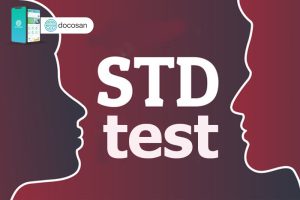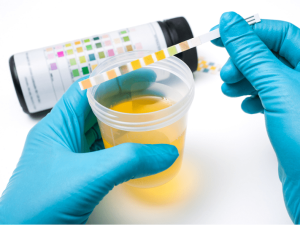Ngày cập nhật: 12/09/22
Tóm tắt nội dung
What is endoscopy?
- An endoscopy is a procedure which a long, thin, flexible tube that has a light and camera at one end is inserted directly into the body to observe an internal organ or tissue in detail.
- There are three main reasons for carrying out an endoscopy:
- Investigation: If an individual is experiencing vomiting, abdominal pain, breathing disorders, stomach ulcers, difficulty swallowing, or gastrointestinal bleeding, for example an endoscope can be used to search for a cause.
- Confirmation of a diagnosis: Endoscopy can be used to carry out a biopsy to confirm a diagnosis of cancer or other diseases.
- Treatment: an endoscope can be used to treat an illness directly; for instance, endoscopy can be used to cauterize (seal using heat) a bleeding vessel or remove a polyp.
Because modern endoscopy has relatively few risks, delivers detailed images, and is quick to carry out, it has proven incredibly useful in many areas of medicine.
When an endoscopy is used?
Endoscopy is useful for investigating many systems within the human body; these areas include:
- Gastrointestinal tract: esophagus, stomach, and duodenum (esophagogastroduodenoscopy), small intestine (enteroscopy), large intestine/colon (colonoscopy, sigmoidoscopy), bile duct, rectum (rectoscopy), and anus (anoscopy).
- Respiratory tract: Nose (rhinoscopy), lower respiratory tract (bronchoscopy).
- Ear: Otoscopy
- Urinary tract: Cystoscopy
- Female reproductive tract (gynoscopy): Cervix (colposcopy), uterus (hysteroscopy), fallopian tubes (falloposcopy).
- Through a small incision: Abdominal or pelvic cavity (laparoscopy), interior of a joint (arthroscopy), organs of the chest (thoracoscopy and mediastinoscopy).
What to prepare before an endoscopy?
For the specialists to have a clear view during the endoscopy procedure, you should:
- For many types of endoscopy, the individual needs to fast for around 12 hours, though this varies based on the type.
- For procedures investigating the gut, laxatives may be taken the night before to clear the system.
- Consult with your doctor about any medicine you are currently talking to know whether to stop using or use alternatives.
When to seek medical help after an endoscopy?
Any of the following symptoms should be immediately reported to a doctor:
- Signs of infection:
- Redness, pain or swelling near where the endoscope was put in
- A discharge of fluid or pus near where the endoscope was put in
- A very high temperature, or feeling hot or shivery
- Other signs of a possible complication:
- Dark colored stool
- Shortness of breath
- Severe and persistent abdominal pain
- Chest pain
- Vomiting blood











